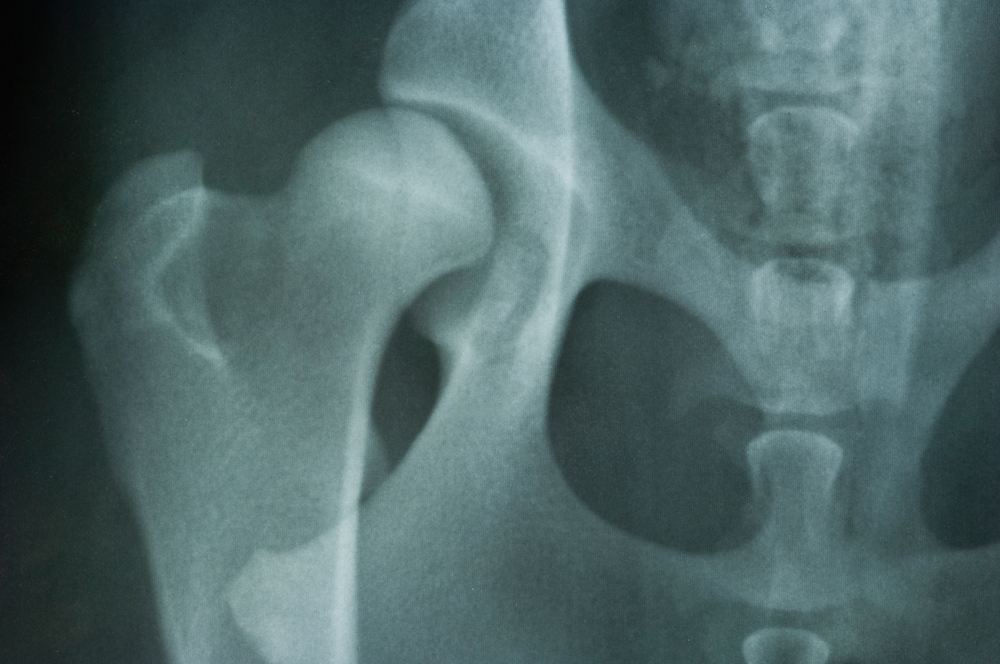

Erythropoietin (EPO) is a glycoprotein hormone, produced in the kidneys, that controls the production of red blood cells. For development and maturation of red blood cells to take place, bone marrow requires an adequate supply of erythropoietin, so in cases of chronic kidney disease (CKD), where the kidney is unable to function well enough to produce adequate amounts of EPO, the marrow is likewise unable to produce an adequate supply of red blood cells. Lack of RBC production will inevitably lead to anemia in dogs that are suffering from this condition. Anemia due to CKD is usually seen in middle-aged to older dogs but can also occur in young dogs.
Anemia in this case is principally related to chronic kidney disease. The symptoms are mixed, relating to both the CKD and the anemia. Following are some of the symptoms related to anemia in the presence of CKD:
Following are some of the causes for chronic kidney failure and anemia:
You will need to give a thorough history of your dog's health, including a background history of symptoms. After taking a complete history, your veterinarian will conduct a complete physical examination on your dog. Laboratory tests will include a complete blood profile, a chemical blood profile, a complete blood count, and a urinalysis. The results of these tests will provide valuable information for the diagnosis of the cause of the kidney failure and the extent of anemia related to it. Your veterinarian will be particularly interested in knowing the level of erythropoietin in the blood. Specific tests may be used to diagnose the underlying cause of the chronic kidney disease and resulting anemia. An examination of the bone marrow examination may be conducted to evaluate the structure and functions of the bone marrow. X-ray and ultrasound imaging will show any abnormal structure of the kidneys that is typical in chronic kidney disease, and ultrasound may reveal smaller than normal or irregular-shaped kidneys, both characteristic of chronic kidney disease.
Treatment involves treating the symptoms related to the chronic kidney failure: replacement of deficient erythropoietin and resolution of the anemia. Supportive therapy will be started immediately to meet energy demands. In cases of severe anemia, a whole blood transfusion will be performed. Iron will also be added to the supportive therapy in cases with low levels of iron in the blood. Erythropoietin replacement provides both rapid and long-term correction of anemia related to chronic kidney failure.
It must be remembered that in most cases of chronic kidney failure, long-term treatment and management will be required. Regular evaluation will be required to follow your dog's progress and to avoid further complications. Your veterinarian will schedule follow-up visits for once a month until your dog's condition has stabilized. During these visits your veterinarian will record your dog's blood pressure and adjust the dosage of various drugs being given to your dog. The treatment of chronic kidney disease and anemia is not without side effects, you will need to consult with your veterinarian throughout the process in order to ensure proper management of your dog's health.
Correction of anemia through erythropoietin replacement therapy will improve overall health of your dog, including improved appetite and activity level. Your dog will be more playful, gain more weight, and will also be in a better position to cope with cold intolerance. Despite these short-term benefits, unfortunately, the long-term prognosis of patients with chronic kidney failure is usually poor.
 Hip Dysplasia in Dogs
Hip dysplasia in Dogs is a disease of the hip in wh
Hip Dysplasia in Dogs
Hip dysplasia in Dogs is a disease of the hip in wh
 Fractures of Upper Jaw and Lower Jaw in Dogs
Maxillary and Mandibular Fractures in Dogs
The ma
Fractures of Upper Jaw and Lower Jaw in Dogs
Maxillary and Mandibular Fractures in Dogs
The ma
 Lack of Bladder Control in Dogs
Urinary Incontinence in Dogs
Dogs are sometimes u
Lack of Bladder Control in Dogs
Urinary Incontinence in Dogs
Dogs are sometimes u
 Plague in Dogs
Yersinia pestis in Dogs
Plague is a bacterial dis
Plague in Dogs
Yersinia pestis in Dogs
Plague is a bacterial dis
 Magnesium Deficiency in Dogs
Hypomagnesemia in Dogs
Magnesium is second only t
Magnesium Deficiency in Dogs
Hypomagnesemia in Dogs
Magnesium is second only t
Copyright © 2005-2016 Pet Information All Rights Reserved
Contact us: www162date@outlook.com